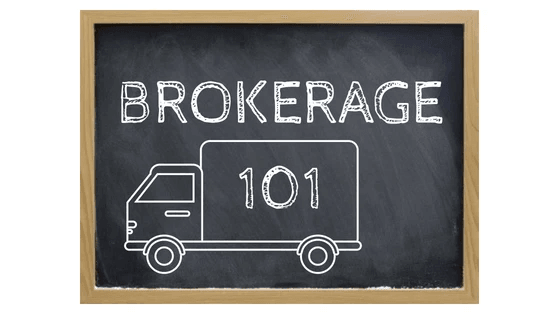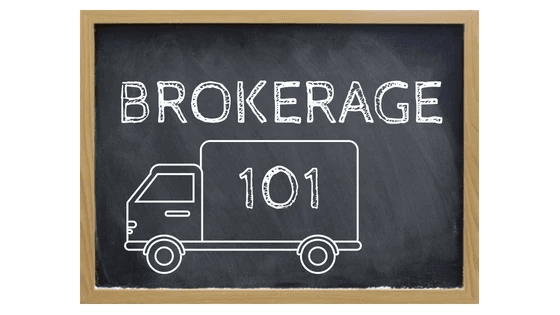


Yes, we said the “B” word – Brokering.
When it comes to a shipper’s transportation strategy, many companies view asset based transportation companies as the only option for moving freight, so just the thought of “brokering” can send shippers running in fear. That’s because the old model of freight brokering lacked the transparency and the control the shipper had over their load, resulting in customers with late, damaged, or even lost product.
However, the freight brokerage industry is not going anywhere, and the proof is in the annual revenue. In the 2002 article, Size of the Transportation Intermediary Industry, by Robert A. Voltmann, now CEO of TIA, Voltmann states that the freight brokerage industry was estimated to make up 20% of the truckload and less than truckload market, which equated to approximately $50 billion a year. In 2016, that number doubled to an estimated $100 billion.
Because your entire supply chain can have a critical impact on your business’ bottom line; it’s paramount that purchasers of transportation keep an open mind to the improvements that have been made throughout the Freight Brokering industry.
The “B”est freight brokers will work with you by:
“B”elieving in open communication
Lack of communication as it relates to late deliveries can cause a lot of fear for shippers, and rightfully so. On-time deliveries have a critical impact on the supply chain, as delays are costly and disruptive to the supply chain as a whole and ultimately lead to unhappy customers.
Look for a brokerage company that is open with their communication with you. Obstacles will arise. There will be traffic, truck mechanical issues, and delays at the shipper. It happens to everyone. But, by having a broker with open lines of communication, the consequences of the late shipment may be mitigated by knowing about it early.
Using the “B”est Technology
Technology used to be an out-of-place word in the unchanging industry of transportation. However, with the increasing need for shippers to streamline their supply chain to reduce costs, the best way to improve processes is through investment in the latest and greatest technology to fill the void of visibility for the shipper.
Your broker’s technology should increase efficiency and automate processes. Technology allows for real-time updates from the driver, to the broker, to the shipper and opens the lines of communication. For example, MacroPoint helps brokers by simplifying and automating the workflow by eliminating check calls through real-time tracking and automated alerts.
“B”ecome a partner in your supply chain strategy
Partnering with a broker for your supply chain strategy does not possess the lack of logistics infrastructure that was once perceived. In fact, brokers can meet the detailed requirements of many shippers and fill the same strategic partner concept that an asset-based provider typically holds.
Shippers are starting to rely on brokers to develop personal relationships with carriers to provide dedicated service, which until recently, was thought only to be provided from an asset-based carrier. Building a partnership with your broker will allow them to get to know the inner-workings of your company, the goals of the organization, and provide strategic solutions that fit within your supply chain strategy. Almost every large shipper uses 3-5 brokers to support their transportation needs.
While many industries are dynamic and change happens at the drop of a hat, by developing a partnership with your broker, they can become an extension of your logistics department and provide the added support to find the right mix for your supply chain.
Today’s Brokers are working hard to take the fear out of using their services. With continuing strides toward open communication, using the best technology and becoming a partner, perhaps the “B” word won’t be seen as such a “B”ad word, but rather be a “B”enefit to your supply chain strategy.